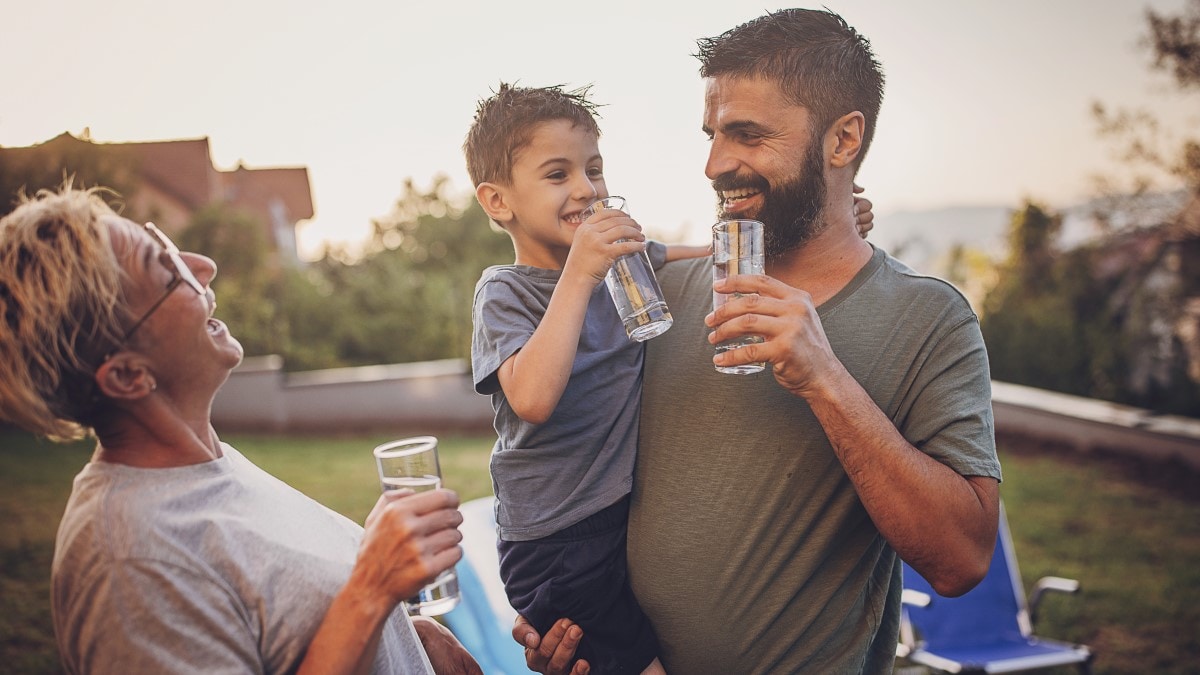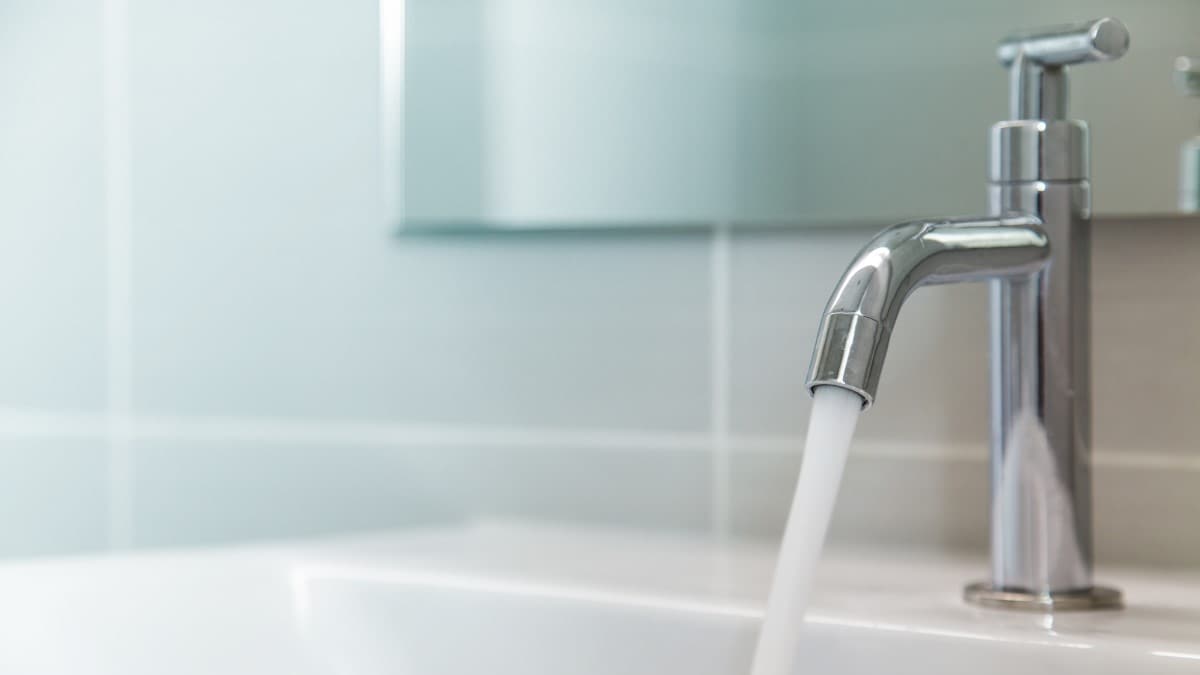Key points
- Take steps at home and while traveling to avoid getting sick from drinking water.
- Key steps include understanding your water quality, treating unsafe water, and cleaning and maintaining devices that use water.
- If you are concerned about your tap water, contact your water utility or health department.

Prevention tips
Understand your water quality
Test your tap water or check the water quality report from your utility to see if your water has any harmful chemicals or germs.
Public water system
If you get your tap water from a public water system, your utility is required to meet safe drinking water standards. Utilities treat water to remove harmful germs and chemicals to meet these standards. If your water ever does not meet safe drinking standards, your utility must tell you.
Take the following steps to better understand your water quality and avoid getting sick:
- Review the water quality report your utility must provide every year.
- Sign up to get tap water alerts from you utility or local government.
- Follow officials' recommendations during drinking water advisories.
Private wells
Tap water from private wells is not regulated, treated, or monitored by officials. If you get your water from a private well, test your water at least once each year for harmful germs and chemicals. Also consider testing your water if you suspect an issue or notice changes in your water's color, taste, or smell.
Find a nearby state-certified laboratory to test your tap water by:
- Looking at the State Certified Drinking Water Laboratories list
- Checking with your health department
- Calling the Safe Drinking Water Hotline at (800) 426-4791
Your health department can help you identify which germs and chemicals to test for based on where you live.
Rainwater collection
If you collect rainwater to drink or use in or around your home, make sure it is safe by:
- Regularly testing the water for harmful germs and chemicals
- Properly maintaining your collection system
Understand your water treatment options
If there are harmful germs or chemicals in your tap water, consider getting a home water treatment system. Make sure the system you choose removes the chemicals or germs you are concerned about.
If your tap water is free from harmful germs or chemicals, you may not want to get a water treatment system. This is because some treatment systems remove beneficial chemicals like chlorine, which kills germs in water, or fluoride, which prevents cavities. Germs can also grow in filters and other treatment systems if they are not maintained properly.
Avoid germs that grow in water pipes and devices
Some germs can grow in a slime layer inside your water pipes or in devices that use water, such as humidifiers. These germs generally will not make you sick if you swallow them. However, these germs can make you sick if they get in your body another way. For example, breathing them in while showering or getting them up your nose while rinsing your sinuses could make you sick.
To avoid these germs:
- Flush faucets and showerheads no one has used in a while and after your water pressure drops.
- Regularly flush and maintain your water heater.
- Use, clean, maintain, and store devices that use water following the manufacturer's recommendations. These devices include humidifiers, neti pots, showerheads, and water filters.

Traveling
You may not always know if the water you are using is safe to drink, especially when hiking, camping, or traveling. In these cases, treat your water to remove germs before using it.
Boiling water is the best way to kill germs that could make you sick. The next best option is to filter water and then disinfect the filtered water.
Bottled water
Drinking bottled water while traveling can be an easy option. However, bottled water from sellers in some countries may make you sick. It is important to know where your bottled water came from and if it was treated to make it safe to drink.
Look for unopened, factory-sealed bottled water. Carbonated drinks in bottles or cans, such as sparkling water, are typically safe. The bubbles indicate that the bottle was sealed at the factory and has not been opened.
Reporting
Contact your drinking water utility or health department if:
- Your water pressure drops
- You notice a change in your water
- You have concerns about your water
A change in your water's taste, color, or smell is not necessarily a health concern. However, sometimes these changes are a sign of a problem.
If you think you got sick from water, tell your health department. Reporting your illness can help them find out what caused you to get sick and prevent more illnesses.
